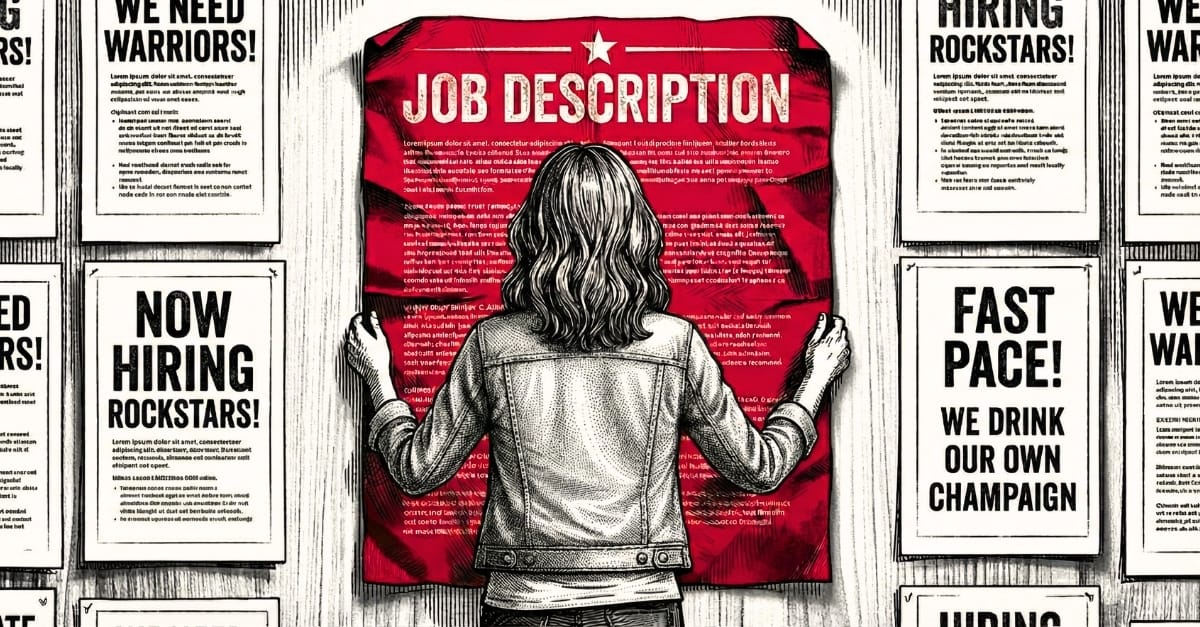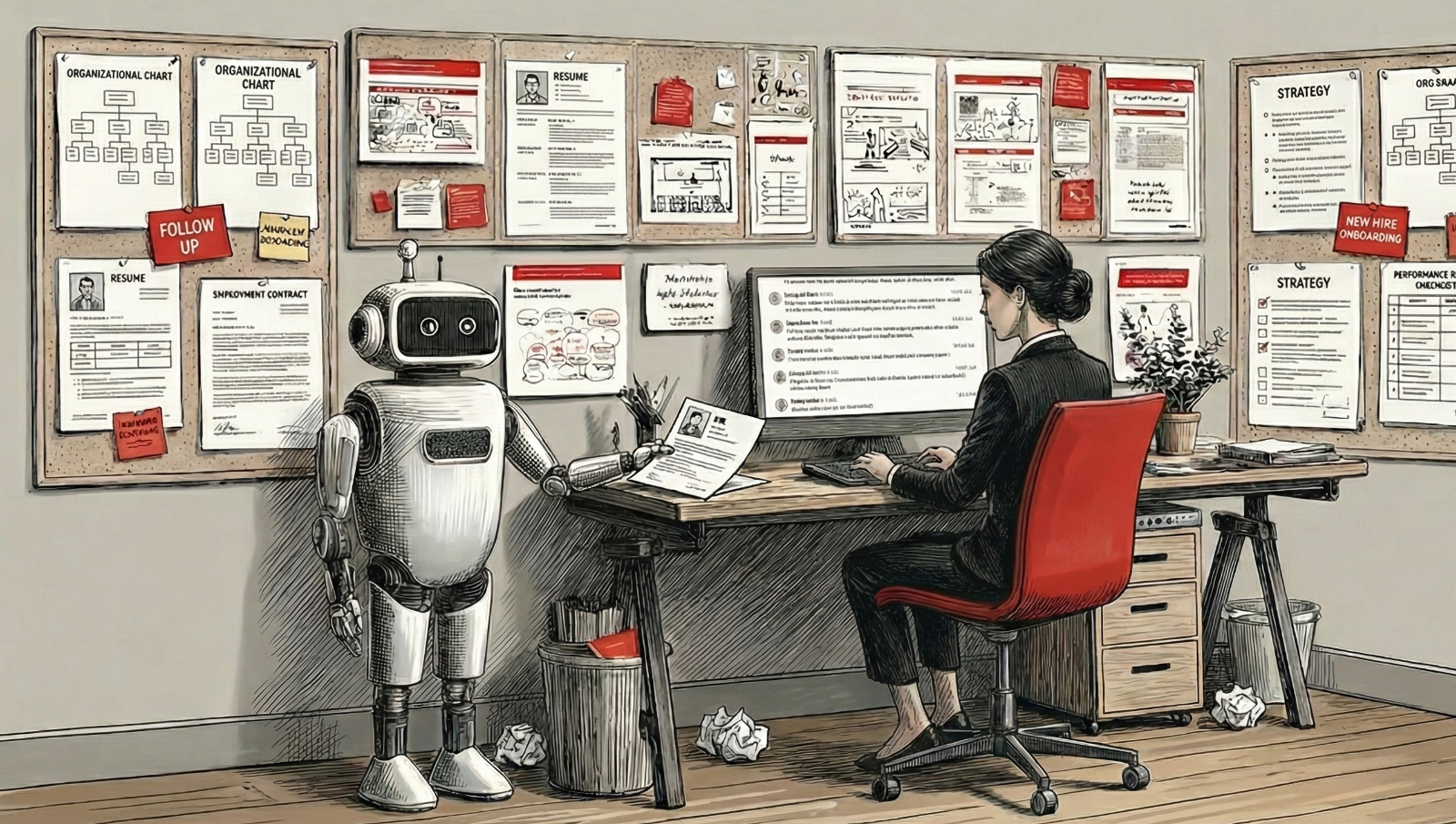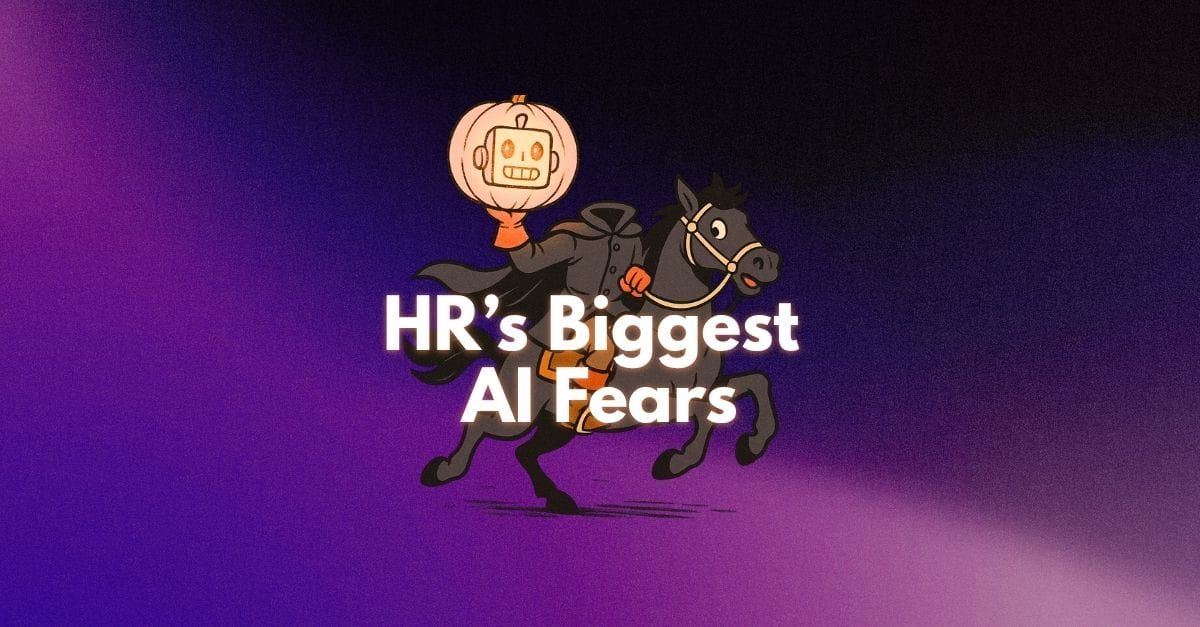Not finding the kind of candidates you’re looking for? You might need a candidate profile to boost your hiring.
A candidate profile is a description of the skills, personality traits, and qualifications required for an open job position. Candidate profiles also include the tasks, objectives, and desired outcomes associated with the job.
Here’s what we’ll cover:
- What is the purpose of a candidate profile?
- Steps to creating the ideal candidate profile
- Ideal candidate profile template
Let’s walk through the basics of a candidate profile, and how they might help streamline your company’s recruiting process.
Join 10,000 companies solving the most complex people problems with PI.
Other resources that might interest you:
- 4 Common Hiring Mistakes Ruining Your Recruitment Process
- Let’s Get Smart About Hiring
- Workforce Planning to Meet Today’s Goals and Tomorrow’s
What is the purpose of a candidate profile?
Before the hiring team posts an open position, they need to agree on what a quality candidate looks like:
- What work experience should they have?
- What hard skills and soft skills do they need?
- Which behavioral drives should be most pronounced?
Without agreement, hiring managers won’t know which candidates to push forward. Even worse: Without clear objectives, team members may choose charismatic candidates over top performers,
A candidate profile keeps the hiring process objective by defining the perfect candidate. It also helps you establish consistently measurable criteria. The candidate profile isn’t just there to help create a job description, though. Everything from the messaging in the job ad to the specific questions in the interview process should be informed by that unique candidate profile.
Steps to creating the ideal candidate profile
1. Collaborate.
Designing the candidate profile isn’t for the hiring manager alone. It’s a team effort.
The supervisor should be consulted, sure! But if the position involves cross-departmental collaboration, you might need to involve others. Another strong choice? Trusted employees that hold a similar current job, or will work closely with the open role in question. They’ll know exactly what skills you need on the ground.
Finally, asking your recruiters or hiring managers to help with the candidate profile can ensure they’re crystal clear on what you need. Plus, they’ll know how to translate the skills you want into an actionable profile.
2. Understand.
To understand the ideal candidate, you need awareness at every level: What’s the company’s culture like? What about the team’s culture? An insurance company might need someone who’s consistent and risk-averse. A startup might need go-getters with an independent streak.
From there, drill down to the team’s mission. Even an insurance company might need a rebel if the position involves developing new products. Strategic workforce planning is crucial here: What kinds of employees do you need?
Once the meta concepts are out of the way, it’s time to focus on the role itself. Set the groundwork before you worry about the details: What tasks do they need to complete? How quickly do they need to ramp up? Who do they supervise? How do you know if the new hire is successful? Be specific. A position that makes five calls a day requires different skills and behavioral tendencies than a position that makes 500.
3. Design.
Once you understand the position, it’s time to start writing down the skills it uses.
The most important part? Personality. Candidates that are naturally drawn to a job exceed expectations and are protected from employee disengagement, so it’s important to get this right. Think in terms of both the tasks and the position: Everyone knows a salesperson needs to be extroverted and outgoing, but if they’re selling technical products, they may also need attention to detail.
Soft and hard skills come next. It’s tempting to slap down every skill on your wishlist, but the key to better candidates is prioritization. Some skills can be taught on the job, or aren’t used that often, so make a few columns: “Gotta have it,” “Nice to have,” and “Not necessary.” If almost every skill is in the “Gotta have it” or “Nice to have” column, it’s time to downgrade some.
Finally, you may want to consider if a cognitive assessment test or other talent assessment is appropriate for the role. While they may not be necessary for all positions, cognitive tests are the best standalone predictor of job performance.
Now (finally!) you can actually craft your perfect candidate profile. We’ve included a template below, but you should also consider bringing in outside tools, like the Predictive Index’s Hire module.
Join 10,000 companies solving the most complex people problems with PI.
Ideal candidate profile template
You’re probably wondering what to do with the heaps of information you’ve gathered above. Which parts do you keep? Which parts do you get rid of? We suggest you compress it into the following sections.
- Essential tasks.
- Goals and outcomes.
- Behavioral traits.
- Skills.
Once you’ve jotted down the information into those four sections, you’re ready to start crafting job ads and interviewing candidates.
How The Predictive Index helps
The Predictive Index connects your candidate profile to every part of the hiring process. Just plug in your ideal traits and tasks, and you can devise a behavioral and cognitive profile for the position in minutes.
Our scientifically validated Behavioral and Cognitive Assessments help you objectively measure your applicants, so you can get the best candidates in less time. Better yet, our software integrates with many leading hiring and human resource tools, making your recruitment process seamless.
We can even help you write your job ad: Our built-in machine learning tools scan your job ad and make sure it attracts the right candidates before you post it to job sites.
Because streamlining your process is a matter of savings—in terms of time, energy, and revenue.








